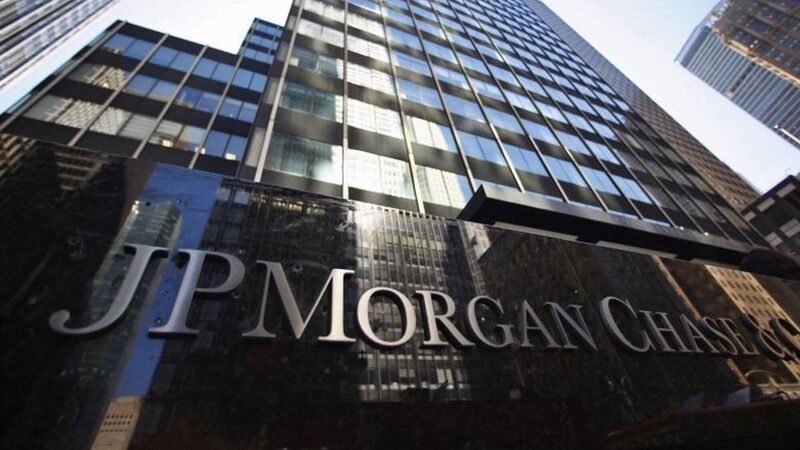JP Morgan bankrolls the biggest upheaval of European soccer since the 1950s in a €4bn bet

The financing from JPMorgan has been set at an interest rate of between 2% and 3%, and set over a 23-year time frame.
JP Morgan Chase is bankrolling the biggest upheaval of European soccer since the 1950s in a €4bn bet that has already drawn heavy criticism from fans, domestic leagues and politicians.
The US investment bank agreed to underwrite an initial €3.5bn investment to help a group of the world’s richest soccer clubs set up a top-tier Super League, a figure that will total €4bn after additional payments and expenses, according to a person familiar with the matter. The investment, currently financed by JPMorgan, may be offered to investors at a later date, the person added, asking not to be identified as the discussions are still private.











